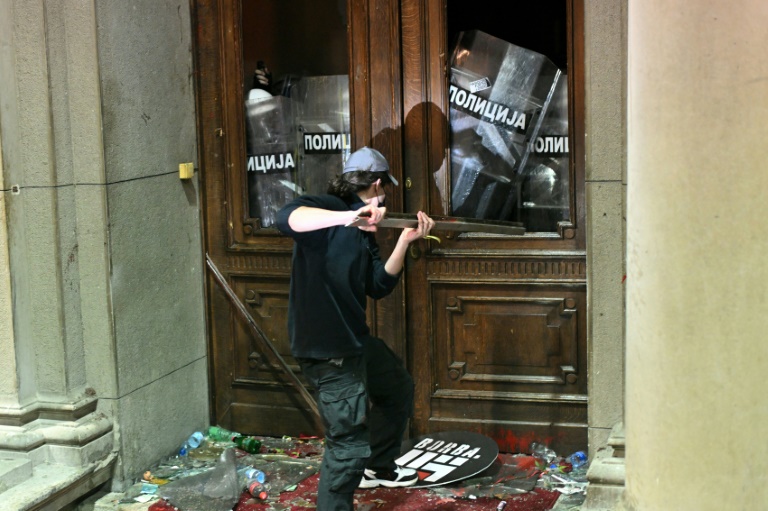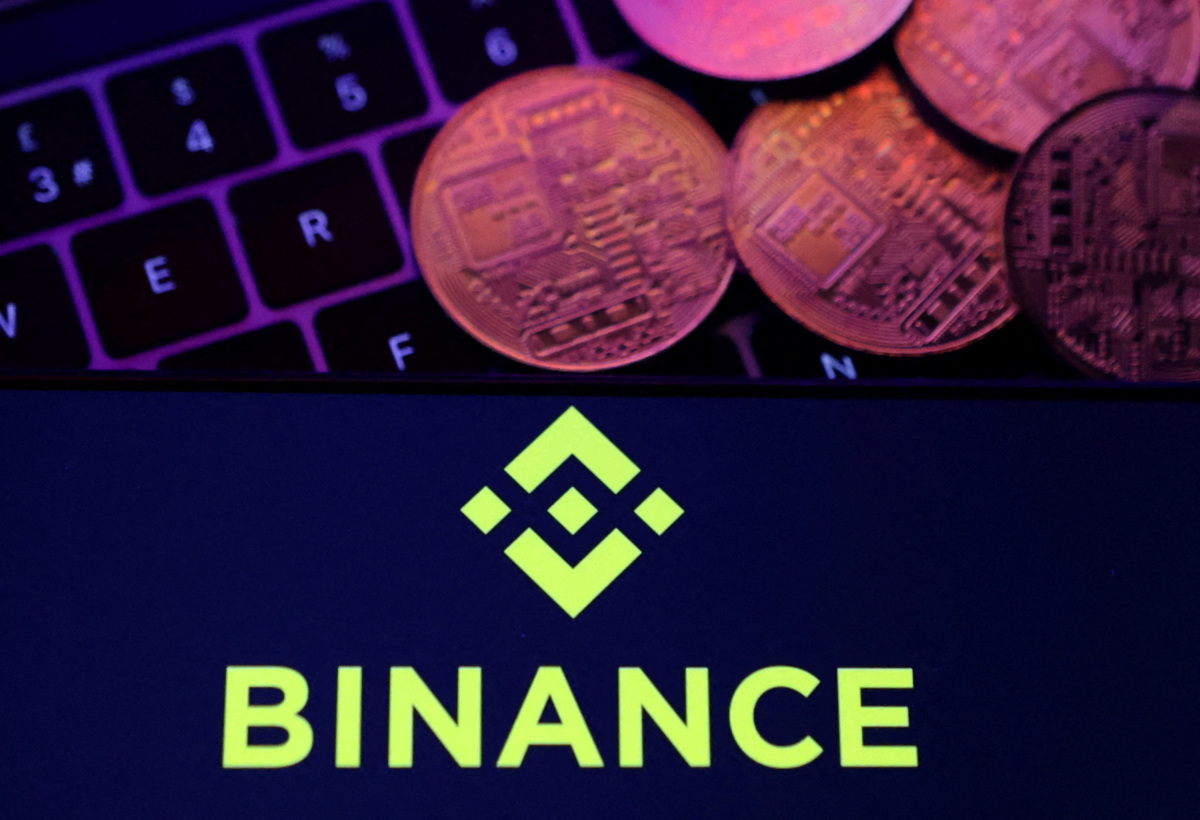Protesters on Monday launched the first of several announced road blocks in Belgrade over alleged electoral fraud in Serbia’s recent parliamentary and local elections, an AFP reporter saw.
President Aleksandar Vucic meanwhile denounced the violence in the capital the previous evening and claimed there was evidence it had been planned in advance.
A few hundred demonstrators blocked the street in central Belgrade where the public administration and local self-government ministry is located.
The protesters, mainly students organised under the “Borba” (Fight) movement, were supporting the outcry from the opposition that started on December 18th, a day after the elections. They are calling for a revision of the electoral list, claiming that it was the source of the alleged electoral fraud.
“I am born 2002, and I thought that there would be no need, as my parents did, to fight for democracy through the street,” 21-year-old politics student Emilija Milenkovic told AFP.
“But I have to,” she added
She was wearing the badge of “Otpor”, the students’ movement that in the past organised protests against former president Slobodan Milosevic.
After the December 17 elections, Vucic’s party said it had secured a commanding victory.
But international observers — including representatives from the Organization for Security and Co-operation in Europe (OSCE) — reported “irregularities”, including “vote buying” and “ballot box stuffing”.
The allegations led to continuous protests in front of Serbia’s electoral commission building lasting several days.
Seven members of the main opposition camp, united under the banner “Serbia Against Violence”, meanwhile began a hunger strike aimed at getting the results annulled.
On Sunday evening, Serbian opposition demonstrators broke windows as they tried to storm Belgrade city hall. A heavy police presence pushed them back with the help of pepper spray.
Vucic said two police officers had been “severely injured” during the protest, with others sustaining lighter injuries. More than 35 “bullies” were being prosecuted, he added.
He described the incidents as an attempted “forcible takeover of state institutions”, and said there was evidence that everything had been prepared in advance.
Prime Minister Ana Brnabic told a local TV station Sunday that the scenario had been known in advance, and thanked Russian security agencies “who had information that had shared with us”.
Early Monday, Vucic met the Russian ambassador in Belgrade Alexander Botsan-Kharchenko and briefed him on the Sunday’s incidents.
Shortly before, Russia had denounced what it said was Western interference.
“The attempts of the collective West to destabilise the situation in the country are obvious,” Russian foreign ministry spokeswoman Maria Zakharova told state-run news agency RIA Novosti.
A deputy from the opposition “Serbia against Violence” coalition, Radomir Lazovic retorted: “Always everyone else is at fault except the government.”
He said he had been beaten by policing during Sunday night’s clashes.
It was still possible for the crisis to end “if they admit the fraud and cancel the elections”, he told AFP.
AFP







